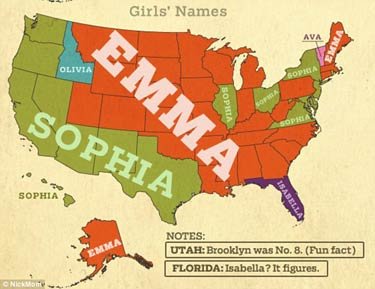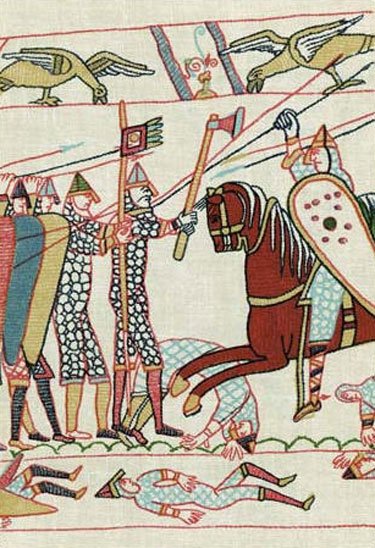Important to Know
Chickens, Onomastics, Pete Buttigieg
I’m an inquisitive person, and I take a particular interest in Onomastics, the study of the origin of names.
This year, we’ve got a contender for the democrat party’s nomination for the presidency named “Peter Buttigieg.”
It seems to me that everyone ought to be muttering under his breath: “What in hell kind of name is Buttigieg?”
Why! he’s Maltese.
His father, Joseph Buttigieg, immigrated to the US from Malta in the late 1970s, and should never have been let into the country in the first place, since he was the classic example of Russell Kirk’s “spoilt priest,” a seminary drop-out who became a Marxist and whose major academic achievement was a translation of the Prison Notebooks of the odious Antonio Gramsci, advocate of communist conquest of the West via the systematic subversion of the culture via a “Long March Through the Institutions,” produced while marching personally through the University of Notre Dame.
As to the etymology of Buttigieg, and the question of that family’s historical social status, good old Wikipedia has the answer:
Buttigieg (Maltese: ButtiÄ¡ieÄ¡) is a Maltese surname, derived from Sicilian Arabic أبو الدجاج Abu-l-dajÄj [Bu-dajaj], meaning chicken owner or poulterer (literally, “father of chickens”).
Arabic? Who knew that Maltese people had Arabic names? I thought they had avoided conquest by the Moors. Not so, apparently. It turns out that the Muslim converts of North Africa conquered Malta circa 800 A.D. Malta was reconquered in 1091, and re-Christianized, by the Norman Kingdom of Sicily. Consequently, Malta is the only part of Europe speaking a Semitic language. (!)
So the next time any conservative happens to be present at a speech by the former Mayor of South Bend, I recommend playing aloud the soundtrack of:
Who knows? There may well be a profound atavistic response.
——————-
Note that Buttigieg originates as a Sicilian Arabic name.
Facing torture while being interrogated as to the whereabouts of his son, Dennis Hopper’s character, in “True Romance” (1993), insults, and unbearably provokes his captor, by commenting on the Arabic Conquest of Sicily, and thus at the intentional cost of his own life, stylishly one ups his captor, and avoids giving up his son in a scene written by Quentin Tarrantino.









